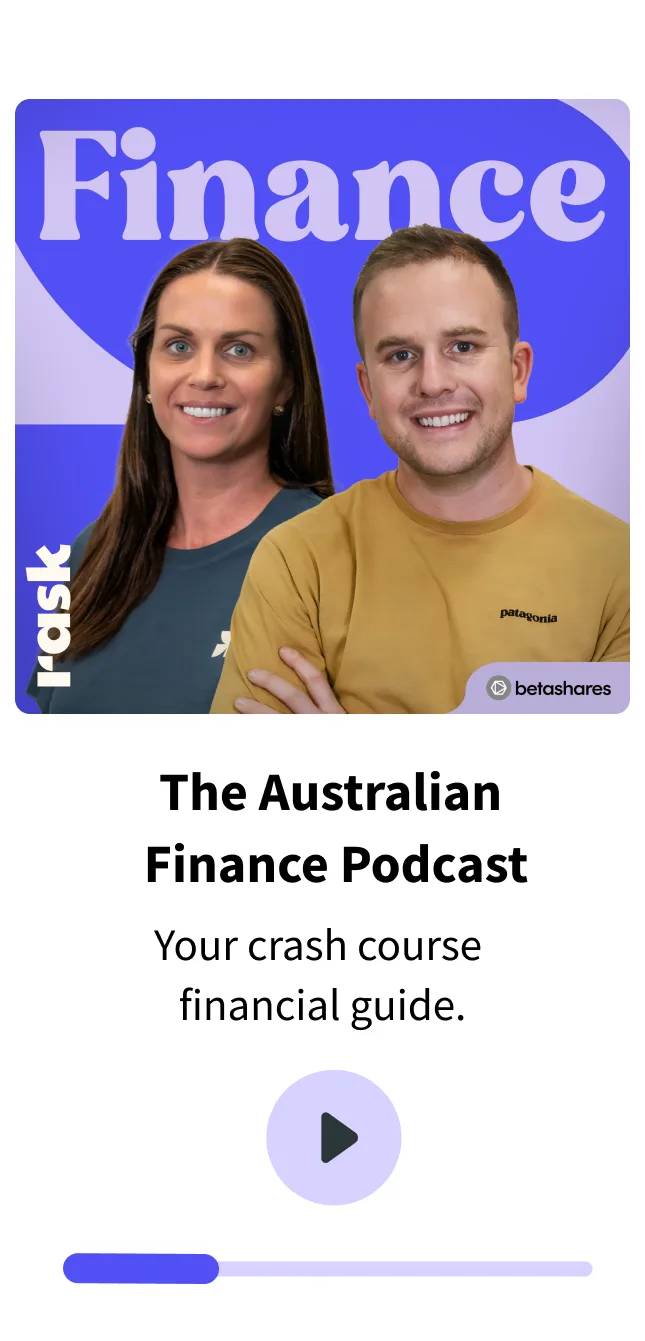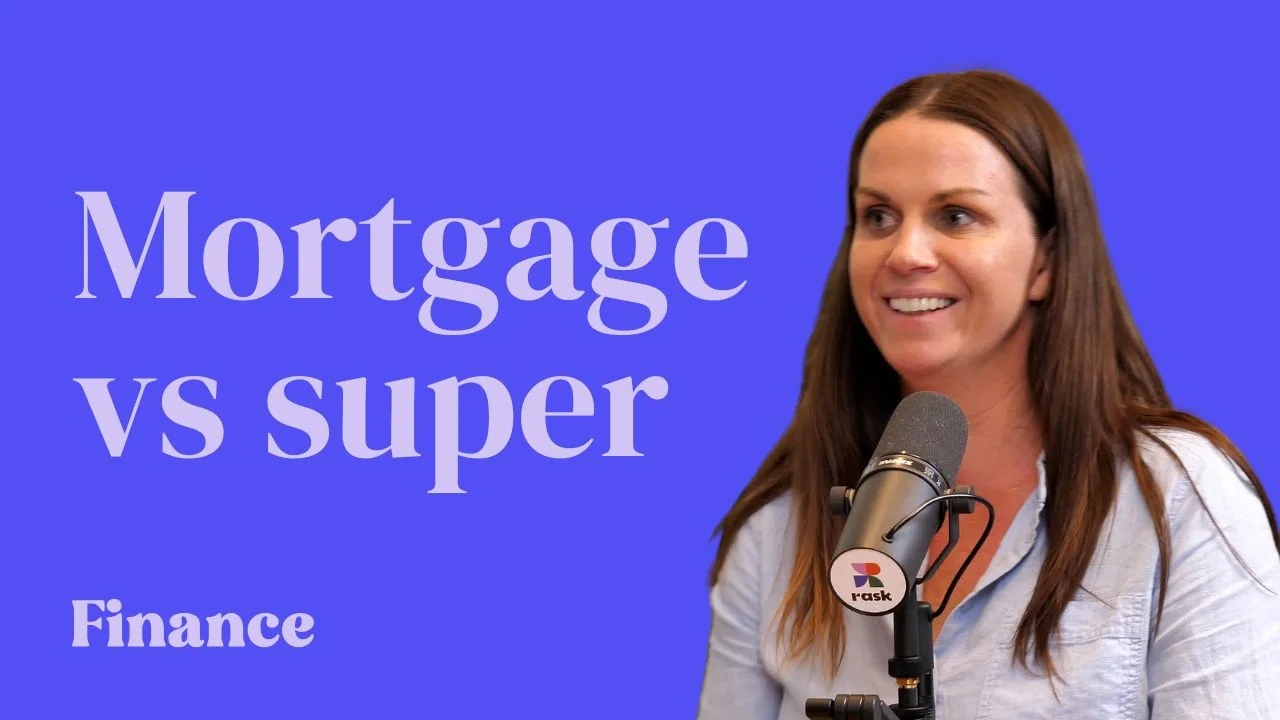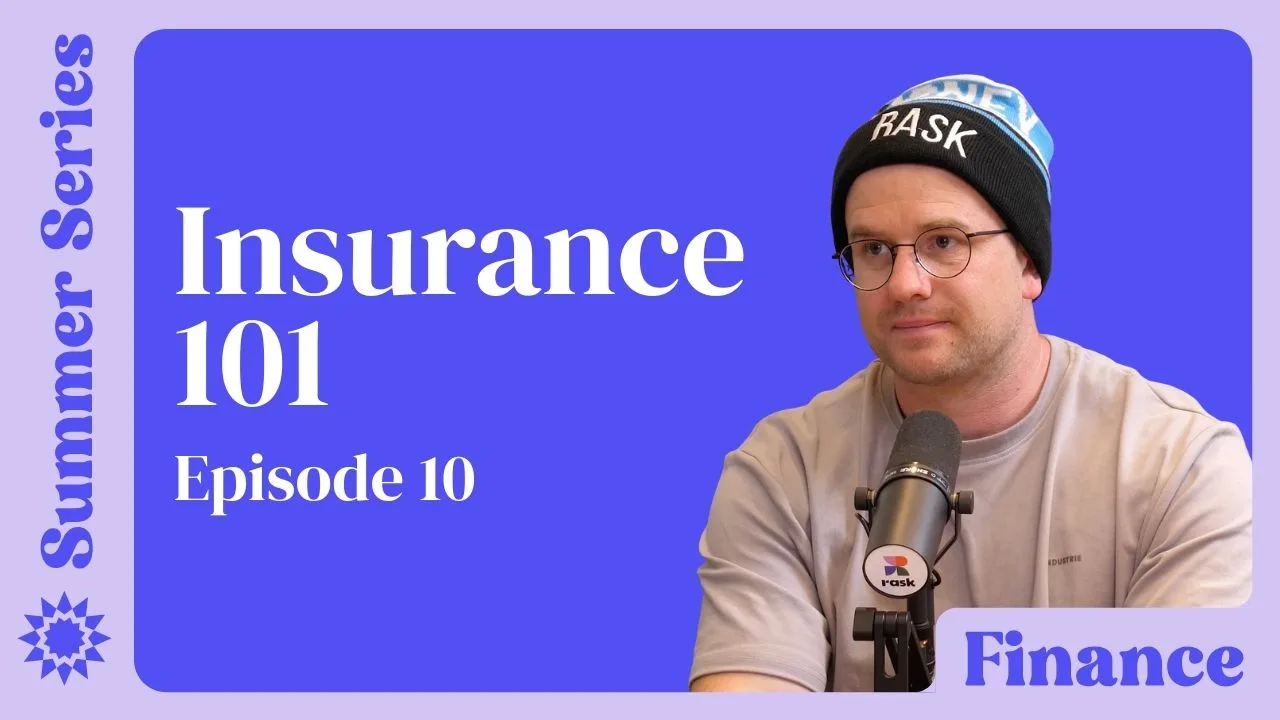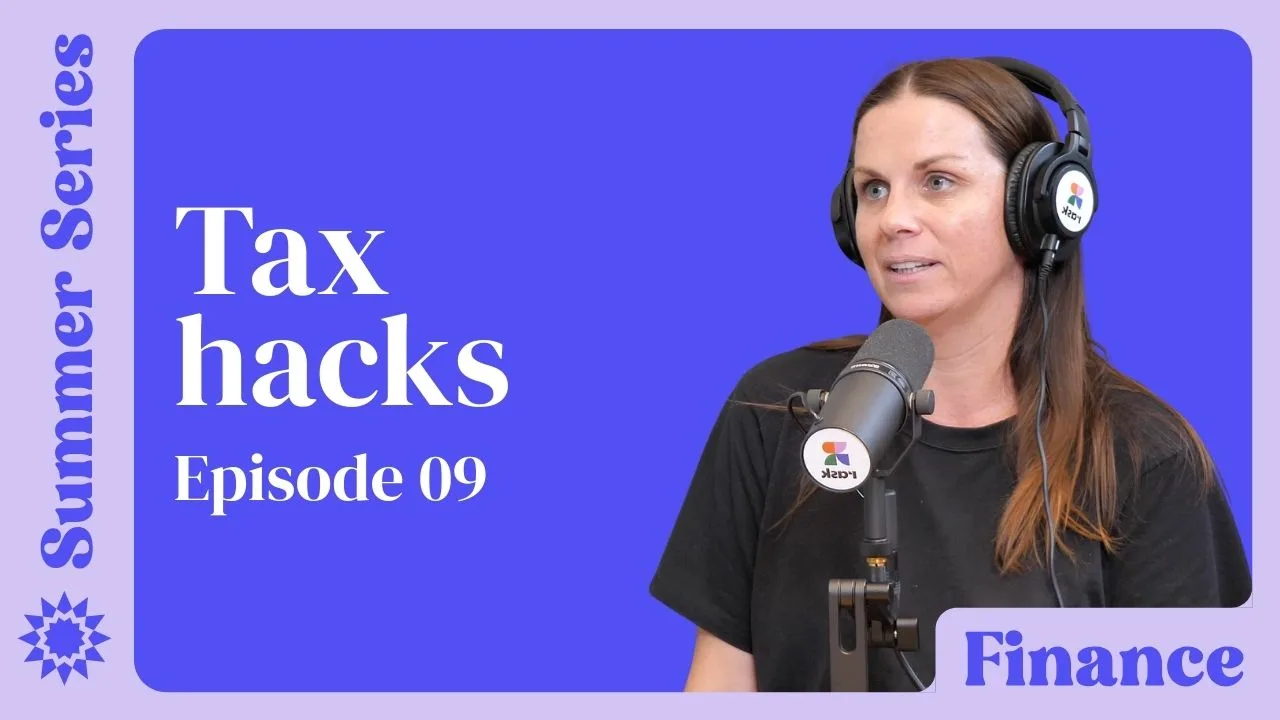Debt Recycling is a confusing finance topic, but it can be a superpower. On this episode of The Australian Finance Podcast, your host Owen Rask brought in Alex Luck, experienced financial adviser from Everest Wealth, to walk us through debt recycling step-by-step.
Want to debt recycle? Click here to get matched with Owen’s trusted financial planners.
Debt recycling topics covered with Alex Luck
- What is debt recycling?
- Tax deductible debt explained
- How to set up debt recycling
- Debt recycling versus equity release
- Who is debt recycling good for?
- Debt recycling risks
- Benefits of debt recycling
Debt recycle questions for Alex Luck
Alex, we’re going to dive deep into one of the most talked about topics in the Rask community since I started the company – debt recycling. Before we dive into that, let’s start with some quick icebreakers:
- What’s one financial decision you made that you wish you could take back?
- If you weren’t a financial adviser, what career would you have pursued?
- What was your most recent investment?
How common is the use of debt or leverage with your clients at Everest? Like, out of 100 clients, how many do you think would consider using debt recycling, equity release or leverage type investments?
Debt Recycling 101
Can you explain what debt recycling is and how it works in simple terms?
- Why is some interest tax deductible?
- Converting non-deductible debt (home loan) into deductible debt (investment loan)
- Debt repayment and investing
What types of investments are typically used in debt recycling strategies?”
- Investments must have a genuine use for income production
Who should consider debt recycling as a strategy, and are there any specific profiles of people it suits best?
- Homeowners with equity
- People comfortable with leveraging – high risk profile only?
- Those with stable incomes
Are there situations where debt recycling is definitely not recommended?
What are the key benefits of debt recycling compared to other strategies?
- Alex, if we’re able to do some basic modelling here, it might help illustrate the point?
What are the most common mistakes people make when they try to implement debt recycling?
- Poor investment choices (speculative stocks, crypto, too much risk, etc.)
- Selling out at the first sign of volatility
What are the risks of debt recycling?
- Increased repayment amount (i.e. bigger loan)
- Volatility of investments and income
- Leveraging can increase exposure to losses.
- Chances to salary/job, interest rate rises (increased repayments + lower returns)
What steps can people take to mitigate these risks?
- Diversification
- Emergency fund
- Disciplined debt repayment
- Insurance
- Long-term investing only
If someone wants to implement debt recycling, what does the process look like?
- Paying down the home loan
- Redrawing to invest
- Setting up investment accounts, and
- Tax implications (i.e. clearly documenting everything)
If someone is serious about debt recycling, who should they be working with? (i.e. tax agent versus financial planner versus mortgage broker)
- Borrowing power & importance of personalised advice for structuring loans
- Selecting investments and managing risk
- Making sure the loan is apportioned correctly
Finally, Alex, if you could leave our listeners/viewers with one thing they can implement right now – what would it be?





